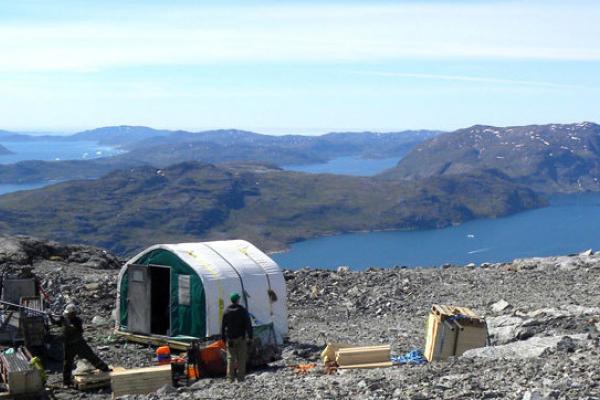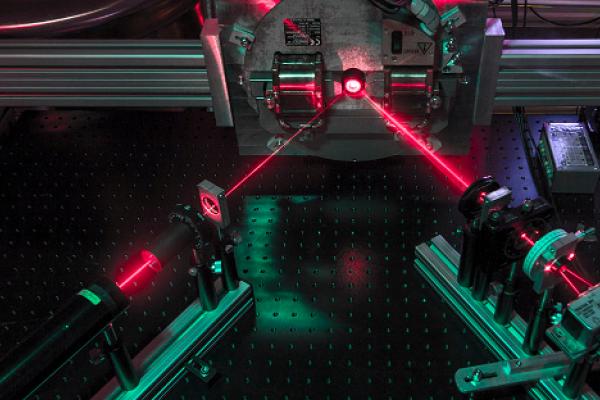Science rocks – the rare earths that technology can’t live without
You may not have heard of scandium and yttrium, but rare earth elements like these are all around us – in our homes, at work and even in our pockets.
The problem is that they come almost exclusively from resource-hungry China, and if supplies start to dwindle our high-tech industries are at risk.
Horizon looks at the researchers who are trying to solve this, by making components that don’t need them, by developing ways to recycle them from electronic waste, and by investigating how to mine and process them here in Europe.
Political challenges rather than geological availability are what threatens the EU’s supply of raw materials, according to Dr Henrike Sievers from the German Federal Institute for Geosciences and Natural Resources, who is working on a project to map all of Europe’s own mineral resources.
Rare earth deposits found in Sweden, Finland, Greece and Spain suggest that Europe could reduce its reliance on imports of these critical raw materials, but the biggest challenge facing scientists is how best to extract and process them.
Magnets are at the heart of our love affair with tech, but they are currently made from hard-to-get components whose supply is under threat. Now, European scientists are developing replacements based on cutting-edge manufacturing processes and common elements.
Recycling could help secure the hard-to-get metals that are needed to give smartphones, wind turbines and computer hard disks their special properties, if only engineers can find a way to do it cost-effectively.
Bi-weekly news alert
The best Horizon stories, delivered to your inbox
Subscribe now





